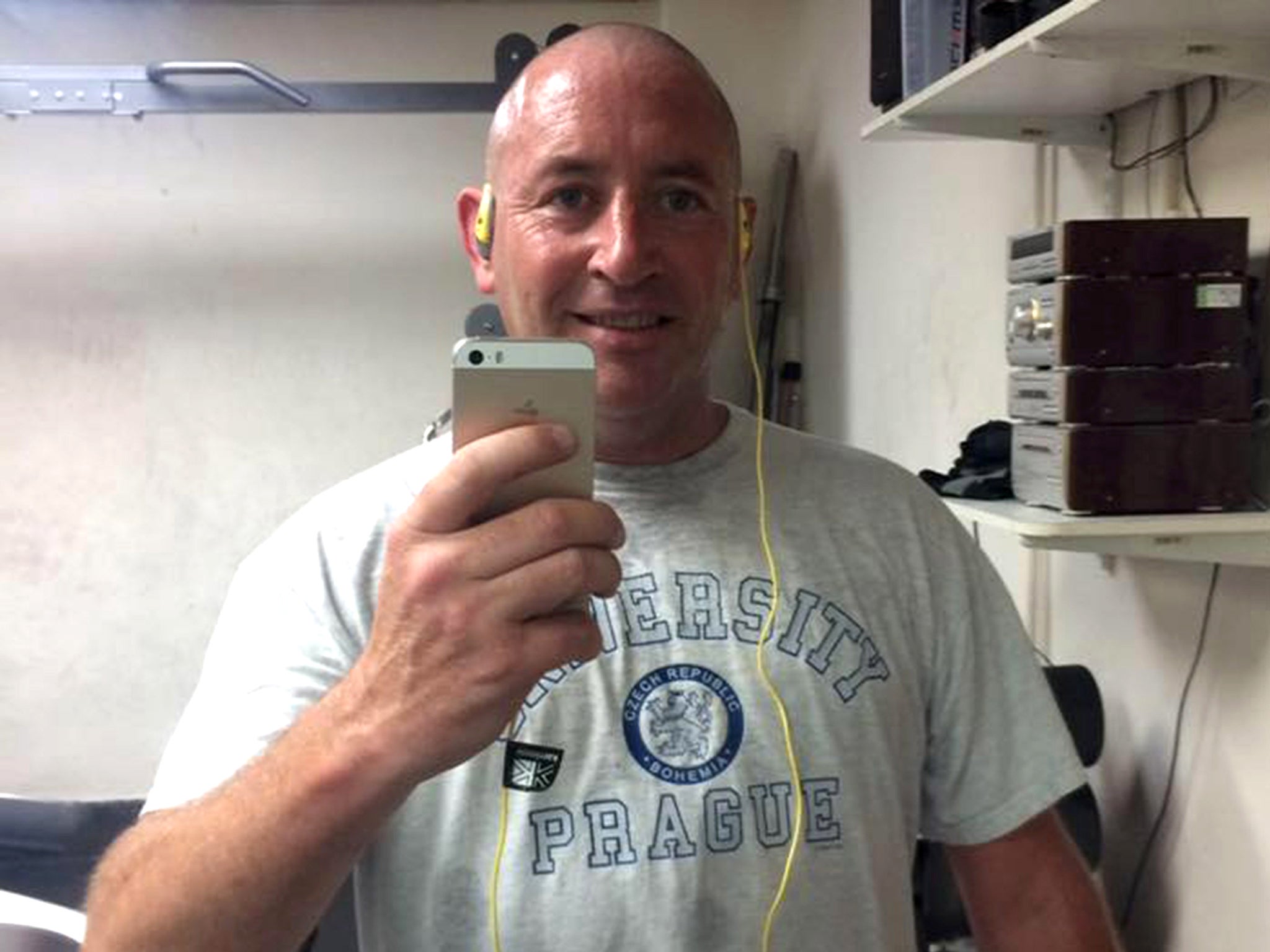David Carrick: 1,000 serving Met Police officers and staff accused of domestic abuse and sex offences
Review sparked by prosecution of serial rapist David Carrick who remained in force after multiple allegations
More than 1,000 Metropolitan Police officers and staff remain in service despite being accused of sexual offences or domestic abuse, a senior officer has revealed.
A review was sparked by serial rapist David Carrick, who was able to remain in Britain’s largest force for 20 years despite being investigated for at least nine incidents, including calls to domestic incidents at his home.
He was first arrested for rape in 2021, but when a Hertfordshire Constabulary investigation ended with no further action, Scotland Yard “determined that he had no case to answer in relation to any misconduct matters” and his working restrictions were lifted.
Assistant Commissioner Barbara Gray, who is responsible for anti-corruption, said Carrick’s “escalating pattern” of abuse against women was not spotted because the earlier incidents did not result in prosecution.
“The processes in place at the time did not identify this risk properly,” she added.
“We are reviewing all current officers and staff who have previously been the subject of allegations of sexual offending or domestic abuse, where allegations couldn’t be proven and were not the subject of misconduct hearings.”
Asked for more details of the review, Ms Gray revealed that some serving officers and staff had been accused of rape.
The review covers allegations of domestic abuse or sexual offences within the past 10 years, where a Metropolitan Police officer or member of staff was involved and the investigation has finished.
It has identified 1,633 cases involving 1,071 officers and staff, meaning that some individuals have been subject to several past allegations. The force has more than 43,000 officers and staff in total.
A Scotland Yard spokesperson said: “This will include a very wide range of allegations from verbal arguments and altercations in a domestic or family setting to the most serious sexual offences. It could include cases where no further action was taken and where no criminal allegations were made.
“Being involved in a case that forms part of the review is not in itself a finding of wrongdoing or sufficient reason to remove an officer from frontline duties. It is therefore likely that the majority of officers whose involvement in past incidents is being reviewed will not automatically be subject to restrictions.”
The force said several officers and staff identified in the review are already subject to “risk management measures”, which will be checked, and any new information emerging from the review will cause a reconsideration of their status.
Anna Birley, a councillor who co-founded the Reclaim These Streets group after Sarah Everard’s murder, asked how women could trust the Metropolitan Police when it had promised to “do better” following her killing.
She told The Independent: “How do we trust an institution if thousands of decades-old allegations are only just being dealt with properly now?
”It’s right this review is happening but it’s enraging that women have been gaslit by the police for so long. We are tired of being told misogyny is being dealt with, when every fresh horror that emerges from the Met shows us that they categorically are not.”
Claire Waxman, the London victims’ commissioner, said she was “very concerned” by the figures and urged the force to take “swift and robust action”.
“Carrick’s offending – along with the clear prevalence of sexual offenders within the Met’s ranks – remind us of the significant cultural issues within the force, a culture which has attracted these people, allowed them to progress professionally, and provided them with power over vulnerable members of the public,” she added.
“While much positive work is underway to tackle violence against women and girls, it is difficult for us to ask women to trust the police when so many serving officers are subject to serious complaints.”

Official statistics show that only 1.5 per cent of recorded rapes are prosecuted within a year in England and Wales, and 3 per cent of all sexual offences.
The Crown Prosecution Service has said that domestic abuse cases are particularly difficult to charge, because it is “very difficult” for victims to support cases if they fear reprisals from partners against them and their children, or face homelessness or financial hardship.
Despite the low charge rates, a senior officer said that until last year even officers arrested for serious offences such as rape would not be removed from the Metropolitan Police or subjected to new vetting checks “if that arrest did not result in a criminal sanction”.
Deputy Assistant Commissioner Helen Millichap added: “That is no longer the case. Now, if an officer is arrested or is being investigated for a serious offence, consideration is given to a full review of that individual’s circumstances, including re-vetting.”
David Carrick admitted committing 49 charges, totalling 71 sexual offences with 24 rapes, against 12 women between 2003 and 2020 - all committed during his career in the Metropolitan Police.
Now 48, he started his campaign of abuse before joining up, with Scotland Yard investigating him 2000 for allegedly harassing and burgling a former partner but then letting him join the force a year later.
Despite coming to the attention of police again in 2002, 2004, 2009, 2016, 2017, 2019 and 2021, none of the incidents resulted in prosecution and Scotland Yard repeatedly decided that he had “no case to answer” for disciplinary proceedings.
Ms Gray said that issues relating to the case had been referred to the Independent Office for Police Conduct, while there is also an internal review into Carrick’s unit.
